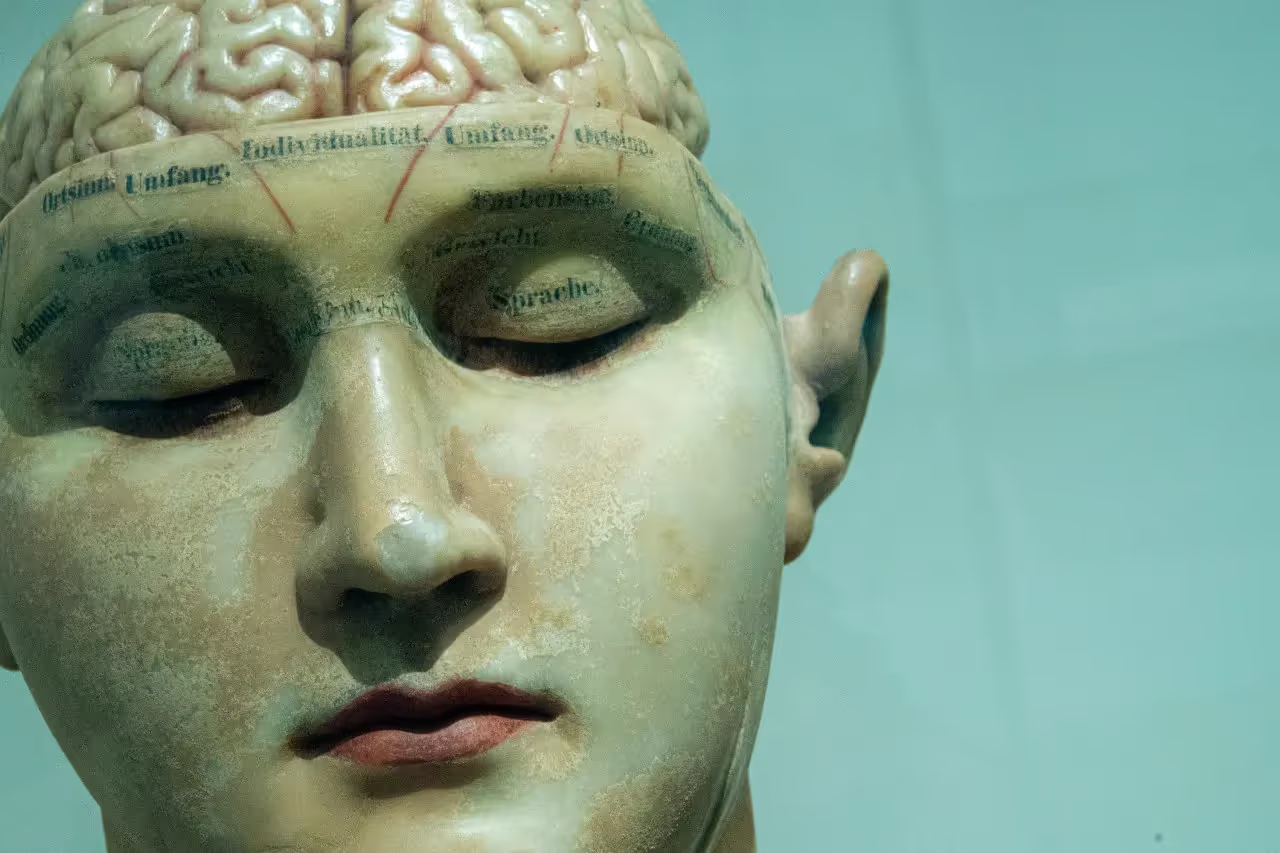Addiction starts in the brain. It does not happen because of bad choices, or, because of a lack of self-control, or, because of a weak will. It happens...

Addiction starts in the brain. It does not happen because of bad choices, or, because of a lack of self-control, or, because of a weak will.
It happens because your brain is predisposed to addiction.
This is why addiction so often runs in families: there is a genetic neurological reason that causes addiction.
Your brain is a highly-flexible organ: scientists call this neuroplasticity.
It's your brain's ability to adapt and learn.
Think of how children have an easier time learning languages; it's because of neuroplasticity.
But, neuroplasticity is a big part of the reason that addiction becomes so hard to beat.
The brain begins to change because of addiction and adapts to it.
Although our brain's plasticity is a gift that helps us grow and survive, it can be hijacked by addiction to keep us stuck in a cycle.

Certain activities are known to send a pleasure signal to your brain.
These could be a delicious meal, a walk-in nature, great sex, or learning something new.
These pleasure signals produce a chemical called Dopamine in your brain.
'Dopamine helps regulate your mood, your level of motivation, and your ability to focus.
Dopamine makes us feel good.
And, when the brain is on alcohol or drugs, it triggers a huge amount of dopamine being produced in the brain.
This is why someone gets "high" - as they experience elevated mood and motivation due to this dopamine rush.
Your brain's neuroplasticity causes it to quickly adapt to these increased levels of dopamine which causes it to develop a dependency.

Your brain begins producing large amounts of dopamine because of drug or alcohol abuse.
This means that you'll experience less pleasure during normal activities.
Things that used to give you pleasure won't be able to produce the amounts of dopamine that drugs or alcohol do.
This means that other parts of your life will become less enjoyable or rewarding.
The addictive substance will come to seem as if it's the only source of joy or motivation in your life because it's the only activity producing adequate amounts of dopamine.
Dopamine is important for mood regulation, motivation, and focus.
This is why so many people who struggle with addiction struggle with being productive.
The changes to dopamine in production in the brain causes mood swings and an ability to focus.
This often makes it harder for someone who is abusing substances to work or accomplish their goals.
This leads to more bad feelings which lead to more substance abuse.
The changes that addiction makes to the brain lead to a difficult, looping cycle of always trying to feel better.
Addiction affects the brain by making it highly sensitized.
Think of it as a pinched nerve, but in your mind.
Addiction affects the amygdala which regulates the feelings that we most commonly label as "stress."
Feelings such as irritability, uneasiness, worry, brain fog, and obsessive thoughts.
An addicted brain is constantly placing you in a stressed, high-alert state.
This can lead to feeling drained and depressed.
And, this is how addiction hooks you: you might be tempted to take alcohol or drugs to combat these bad feelings the substance caused.
Addiction seems like a friend, but it is a thief.
Addiction rewires the connections of your brain.
Certain activities have been shown to make "positive connections."
Activities like meditation, listening to music and spending time in nature increase the positive connections in your brain and in your life.
However, addiction can have the opposite effect. Addiction rewires the brain for bad outcomes.
Some of this can be connected to how addiction affects your "executive skills" - the behaviors that control your life and behavior.
This means that addiction will actually damage your brain's ability to function.
This often leads to a loss of cognitive abilities, an increase in mental decline, premature mental aging, and increased irrationality.
Addiction affects the brain's ability to think, to problem solve, make decisions, and control emotions.
There has even been evidence that addiction leads to an increase in irrationality: like paranoid beliefs, gullibility, and an inability to forgive.
Addicts have trouble making good decisions and that includes making decisions for themselves.
This is particularly true of those who began abusing substances when still teenagers.
Many of the ways that addiction affects the brain are in parts that aren't fully developed until you're an adult.
This means that these brain changes can become permanent or affect long-term development.
Addiction doesn't just change your behavior or your life: it actively affects your brain.
Long-term addiction can cause permanent damage to the brain.
This means seeking treatment is very important.
If you or someone you love is struggling with addiction.
Don't wait too long to get them treatment.
The long-term effects on the brain could be devastating.
Have Hope. Seek Help.
Treatment for alcohol abuse often includes counseling, support groups, and medication. With the right help, your spouse can recover from alcoholism and go on to lead a healthy and happy life.
Some common signs of alcohol abuse include drinking more than intended, neglecting responsibilities, and continuing to drink despite negative consequences
Alcoholism refers to a disease that is characterized by a strong craving for alcohol and an inability to control one's drinking.
The best way to help an addict without enabling them is by setting boundaries and getting help for yourself. It is important to remember that you cannot control the addict's behavior, but you can offer support and understanding. With time and patience, you can help your loved one recover from addiction.
Yes, alcohol abuse is a treatable condition. However, it often requires professional treatment to overcome. With the right support, though, anyone can overcome alcohol abuse and regain control of their life. It's important to reach out for help if you or someone you know is struggling. With the right treatment, anyone can overcome alcohol abuse and regain control of their life.
Some resources for family members of addicts include therapy, counseling, 12-step programs, and other support groups. It is important to seek out these resources to get the tools you need to deal with your loved one's addiction. You can also find help for yourself through these resources.